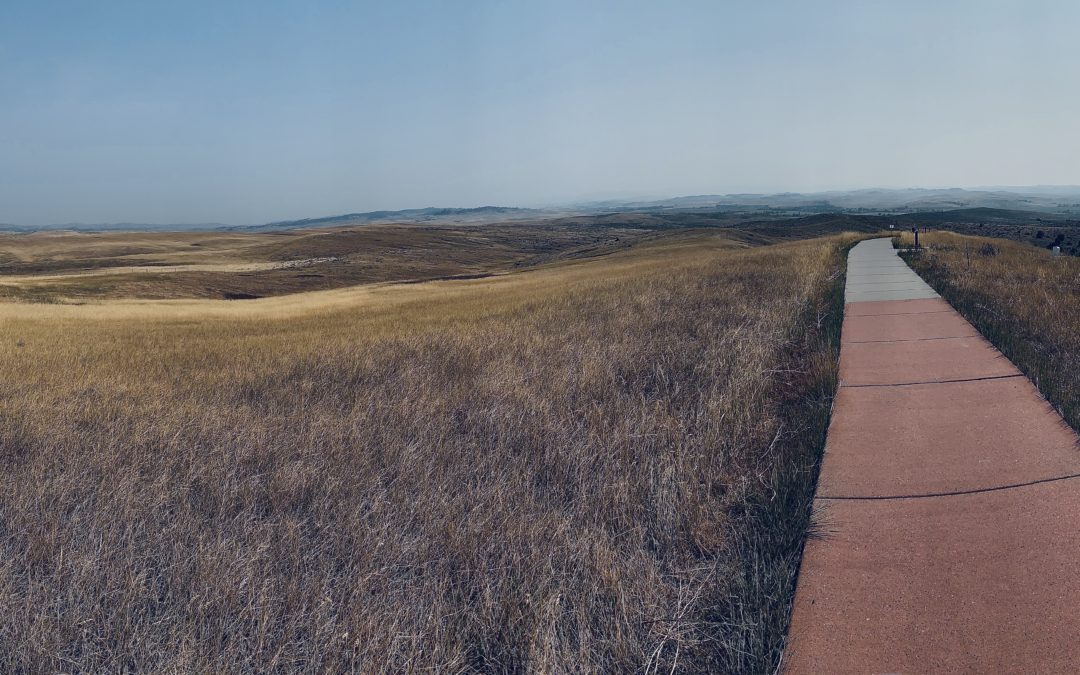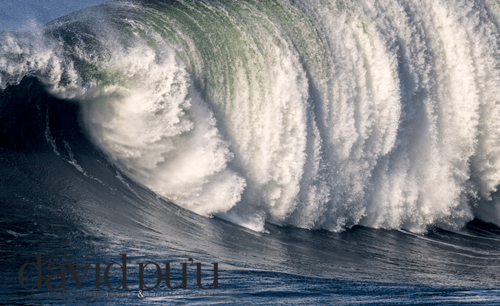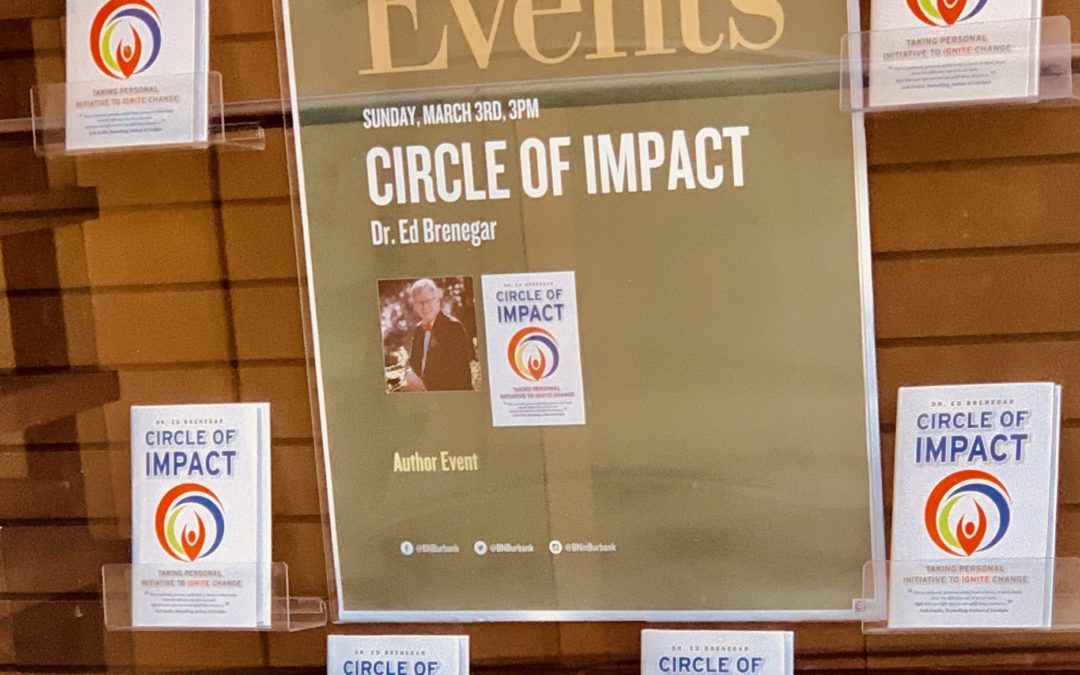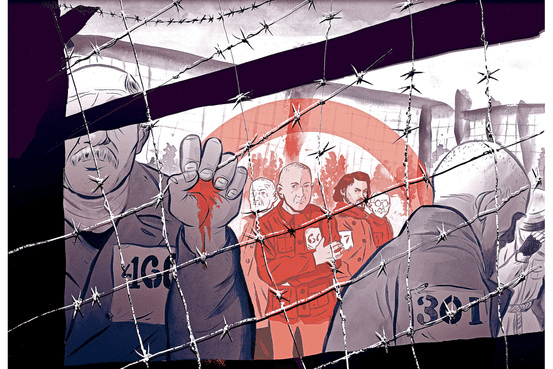
by Dr. Ed Brenegar | Oct 8, 2020 | Book, Circle of Impact, Ideas, Impact, Relationships, Structure, Transition
None of us see below the surface of things. We fool ourselves into believing that we understand what is going on, when we only see the shiny surface of things. As Paul Simon wrote in his great 1960s pop hit, The Boxer, “People believe what they want to believe, and disregard this rest.” If seeing is believing, then we only believe in the appearance of what we see, not the substance of it.
The structure of the modern organization is collapsing. It is crumbling from within. The structure is no longer adequate for the fast-paced world of change that we live in. In many respects, its persistence is an act of denying reality.
Professor Joseph Tainter describes collapse as “a rapid simplification of an overly complex system.” It happens because societies become good at solving problems. As a result, greater complexity occurs. What does this complexity look like?

by Dr. Ed Brenegar | Oct 6, 2020 | Book, Circle of Impact, Ideas, Impact, Relationships, Structure, Transition
In September 2018, after Circle of Impact was published, I hit the road to promote sales of the book. I spent the next year talking to people standing in bookstores, sitting at bars, in laundromats, parking lots, and hotel lobbies. These conversations went something like this.
“Oh, so you are the author of this book?”
“Yes.”
“What’s your book about?”
“It is a book for people and organizations that are in transition.”
Then they would give me a surprised look and say, “Oh. … Well. … That describes me.”
Then a conversation would happen where they would tell me a story about who they are, their life experience, and why they felt they were in transition.
I found that people first feel that they are in transition. But they lack a way to talk about it. This feeling rises deep from within themselves. This is especially true if they have either worked in an environment described above where they are simply hired to perform specific tasks or have been out of the workforce for a while taking care of family needs, whether children or elderly parents.
Of all the ways that I could describe the book, speaking about transition resonated most significantly with people. This isn’t just personal. It is also something happening to our society, our communities, and every organization within it. It is a global reality felt at the most intimate level of our lives. It is also clear that some people are better suited or prepared to make transitions in their lives, while for others it is a very tough, hard experience.

by Dr. Ed Brenegar | Aug 26, 2020 | Circle of Impact, Community, Ideas, Impact, Relationships, Structure, The Pressing Issues, Transition
We all live in a time of transition. It is different than just recognizing that change is happening. It is seeing that transition is a process along a path of change. The more we embrace the transitions that we are in, the more we can thrive in a time of uncertainty. The Transition Chronicles is an ongoing series of short books (5,000 to 12,000 words in length) that focus on various aspects of the transitions that we experience through the three dimensions of the Circle of Impact.

by Dr. Ed Brenegar | Apr 27, 2020 | Book, Circle of Impact, Ideas, Transition
“It is vitally important that we understand what change is. It is the living, dynamic context of our lives. Every thought, every emotion, every action, every response in a particular moment operates within a change context. Every movement, shift in perspective, or initiative taken happens within the context of change. …
I call it the speed of change.

by Dr. Ed Brenegar | Apr 22, 2020 | Book, Brand, Circle of Impact, Community, Fragmented, Ideas, Impact, Transition
One of the realities that the COVID-19 pandemic has exposed is the degree to which our culture has shifted in the type of consumerism which it promotes.
I remember back in the early 1980s listening to a NPR interview with a guy who had written a book about modern marketing philosophies. I remember it to this day because of the shift that he had noted began to take place during the 1960s. He described how for much of the 20th century marketing had been focused on shaming people into buying products.
Then a shift occurred where consumer product marketers began to promote products by telling people that they deserved to have it. Every time I think of this interview I remember the old McDonald’s jingle, “You deserve a break today…”.

by Dr. Ed Brenegar | Apr 10, 2020 | Centralized Institutions, Circle of Impact, Community, Conversations, Decentralized Networks, Elitist, Ideas, Impact, Questions, story, The Pressing Issues, The Spectacle of the Real, Transition, Two Global Forces
“You only have power over people as long as you don’t take everything away from them. But when you’ve robbed a man of everything, he’s no longer in your power–he’s free again.”
– In The First Circle, Alexandr Solzhenitsyn







